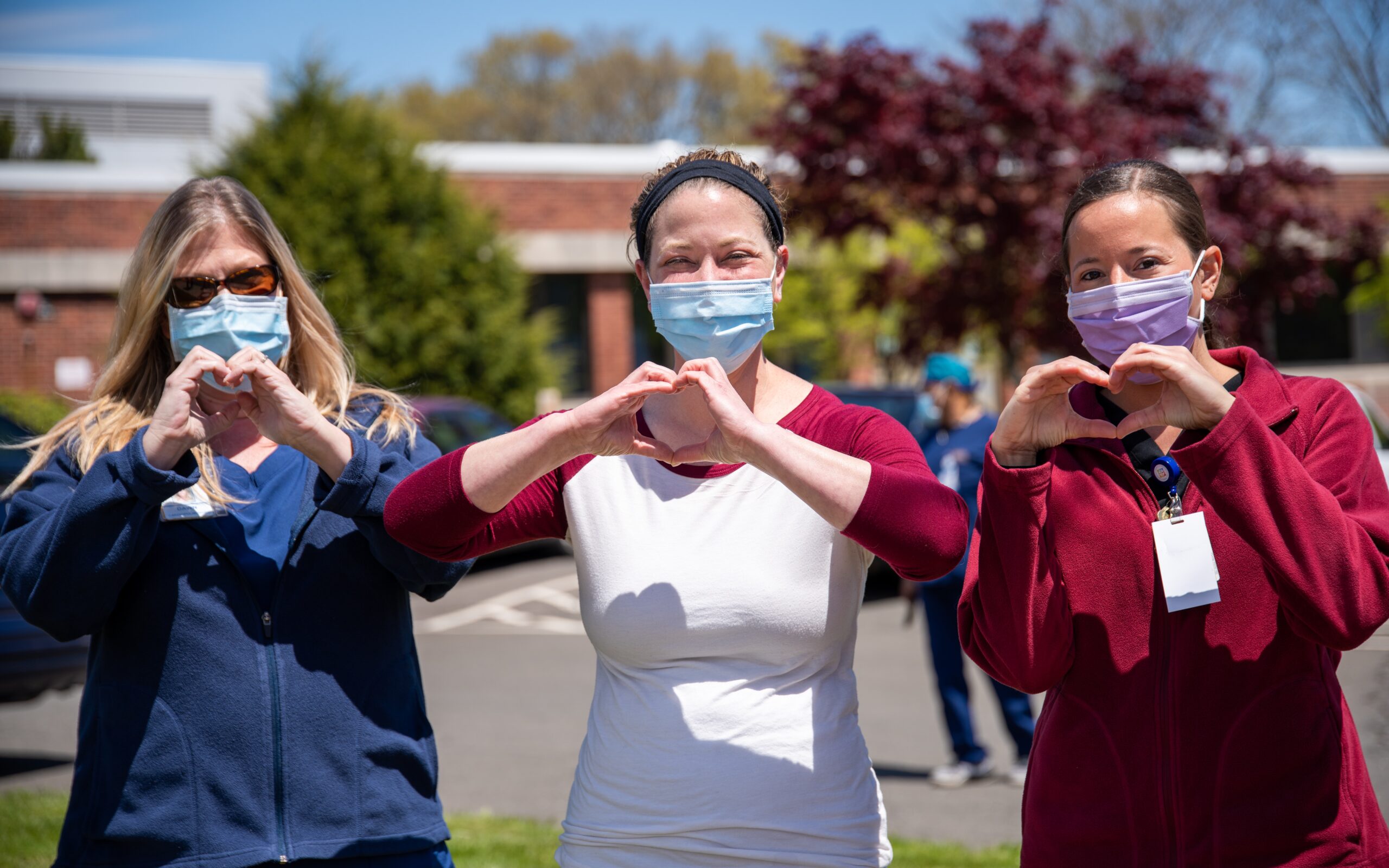by MEGAN ISOLA
Nurses and healthcare workers are essential to the communities they serve. But with so much time spent taking care of us, how do healthcare workers find the time to take care of themselves? The truth is, many healthcare workers struggle with prioritizing self-care, and some don’t even know where to start. If you’re looking for ways to implement self-care into your routine, here are some areas to start with.
Get your nutrients
It’s no secret that the lives of healthcare workers are busy. Nurses and doctors not only have to worry about their patients, but they have loads of paperwork to do, and for travel nurses, finding where you’ll pick up your next CNA shift. With so many patients to see and all the running around you do, you’re burning off tons of energy and putting your immune system through some work.
As a healthcare worker, unfortunately, you run the risk of contracting contagious illnesses from your patients, like the cold or flu. Healthcare workers will do good by implementing things to protect their physical health. If you want to ensure you’re getting the nutrients your body needs, pack healthy meals to bring to work and look into supplements to give your body the boost it needs. Look for supplements containing NAD, B12 for energy, vitamin C, riboflavin, and more that all can help to support your immune system and get you through your daily activities.
Find your happy place at work
It doesn’t matter what profession or industry you’re in, stress typically comes with the job. However, healthcare workers have it especially tough. Being on the front lines to help people get through medical emergencies can impact your mental health. No one likes the hospital because it can be associated with bad memories for people. Typically hospitals and emergency rooms aren’t where people go when they’re in perfect health, and seeing people struggle day after day can harm the lives of those who work there. While as a doctor or nurse, you can’t avoid seeing sick or injured people. While healthcare workers can’t change who they see, they can actively do things to protect their mental state.
Finding your happy place at your job may sound silly, but it’s important when you work in the healthcare industry. Caretakers have to take on the burden of caring for people who cannot care for themselves and need to find a way to empower their minds and protect themselves from letting their job affect their minds.
Practice Mindfulness
Mindfulness practices have become the new buzzword in the self-care industry. Mindfulness is the practice and art of focusing on the present moment while acknowledging any feelings or sensations that arise. Mindfulness is the act of creating space for yourself, as well as your thoughts and feelings.
Healthcare workers may find that practicing mindfulness helps reduce stress and anxiety by keeping their focus on the moment. This means that you give yourself grace when it comes to any feelings, both good and bad, and practice being compassionate to yourself.
Incorporate exercise
Exercise is proven to positively affect the mental state of participants. When you exercise, your brain releases endorphins, helping to improve your mood. Healthcare workers who exercise not only see improvements in their physical health but report being happier overall.
As a healthcare worker, you likely count down the hours until your next break or day off. Instead of planting yourself down on your couch for the entirety of your time off, try incorporating some movement instead. Find a physical activity that looks interesting to you, like yoga, pilates, running, and more. Physical activity can help to improve your energy levels as well as your mood.
Find a new hobby
If exercising isn’t your thing, you definitely should find a hobby to help you relax during your time off. Research has shown that hobbies can help to relieve stress, boost your mood, and help to reduce the effects and symptoms of depression.
Hobbies are a healthy and great way to spend your free time, and there’s something to be found for everyone. Whether your interests lie in athleticism, creativity, or academia, picking up a new or old hobby can significantly benefit your state of mind. Hobbies give healthcare workers something to look forward to and can allow them the little bit of escapism they need to wash away the stress of their day.
 Work with a therapist
Work with a therapist
Sometimes, implementing new things in your routine will give you the boost you need to re-ignite your joy for life. However, that won’t always work for everyone. Healthcare workers often have to endure mental trauma from the things they witness during their job. These traumatic events can leave healthcare workers struggling to cope with the things they see at work.
If you think you may be suffering from stress, depression, or post-traumatic stress disorder (PTSD), you might need to work with a mental health professional to help you work through your trauma. Healthcare workers are independent, but don’t let that stop you from reaching out for help. A therapist can help you find ways to cope with your symptoms and work through traumatic events that you’ve had to endure. The worst thing you can do for yourself when you’re struggling is isolate yourself. Instead, let those you’re close to know how you’re feeling and get professional help.
Get rest
With long shifts extending to upwards of ten hours, healthcare workers are probably the most in need of rest compared to other professions. Doctors and nurses often have to be on-call for hospitals in case they are needed, making it hard to get rest while at home.
Long periods without sleep or relaxation have a significant and detrimental effect on your brain. When you’re running on fumes, you won’t be able to perform the duties of your role as well as you normally would. Not only that, but long periods without rest can lead you to feel like your brain is playing tricks on you. Getting enough rest is necessary for your body and is also a self-care act healthcare professionals would do well by prioritizing.
Self-care for healthcare
Healthcare professionals need to implement self-care into their daily lives. The healthcare industry is a high-intensity and high-stress career, and you’ll need to do some upkeep to prevent yourself from burning out. Hopefully, after reading this article, you have a few ideas for how you can help yourself with a little bit of self-care.







